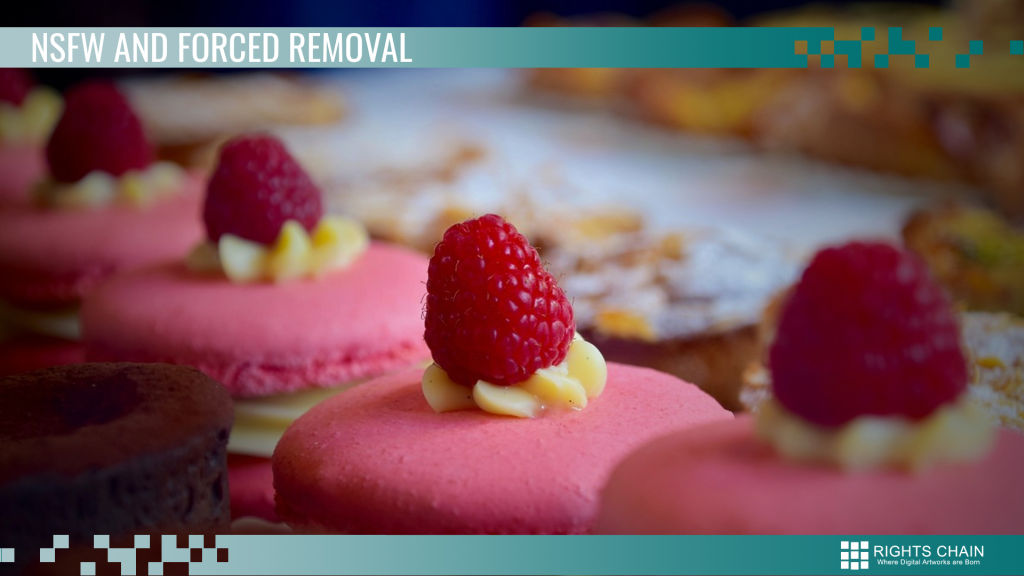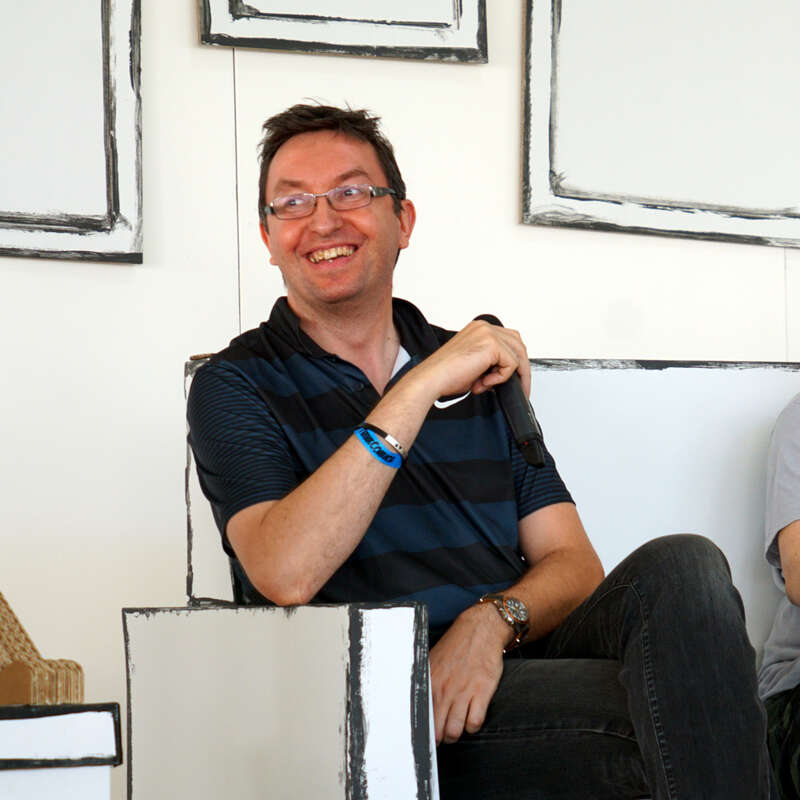NSFW and forced removal: what happens to the copyright?

- 2018-11-27
- Sebastian Zdrojewski
- Copyright
Copyright begins with the first "publication" of an artistic work or work of ingenuity. In other words, in the digital age, when it is posted online on a website or social network.
But what happens when a website or social media platform - Tumblr for example - decides to delete your content for supposed violation of their Terms of Service, or because of a system error?
It happened a couple of days before we wrote this blog, as consequence to a more serious accident with #NSFW content, that is the discovery and consequent removal of explicit content on minors, which is an action we can do nothing but wholeheartedly support. The measures Tumblr took were a lot more extensive than expected however and resulted in the takedown of several unrelated NSFW blogs.
What does this have to do with copyright?
The publication of an artwork is extremely important, as it determines the protection start date. Losing this information might make it very difficult and complex to report copyright infringement in the future. This kind of problems usually occur years after the creation of the content and losing your reference point due to a system error may result in the impossibility to prove your paternity of the artwork.
Tumblr is only one example: some time ago, Flickr issued a press release declaring that free subscriptions would become limited to 1000 pictures and that all content exceeding that number would be deleted starting February 5th, 2019.
What about content licenced under Creative Commons?
About 1/4 of all CC-licenced photographic material is gathered on Flickr, which stated in a following press release that content published by No Profit organisations will not be removed and that they created a special form for requesting a free "pro" account for these organisations. This, however, does not protect CC-licenced content of other users, who will have to sign up for a Professional account or watch their content be deleted by the website.
This is why Rights Chain created its own digital registry, to allow artists to have a reference point unrelated to third parties such as a social media platform, for instance. Furthermore, thanks to the use of Blockchain technology, the registration is permanent, it doesn't require renewing and the proof of creation cannot be deleted from the registry, no matter if the artwork is still available online, or if it has been removed from third-party websites like with the Tumblr and Flickr situations.
Sources and references:
- https://www.theverge.com/2018/11/7/18071532/flickr-creative-commons-licensed-photos-limiting-free-storage-2019
- https://piunikaweb.com/2018/11/23/apple-app-store-purge-of-tumblr-and-safe-mode-search-filtering-the-story-so-far/
- https://www.businesswire.com/news/home/20181101005328/en/Flickr-Announces-New-Photographer-Centric-Improvements-Flickr-Pro
